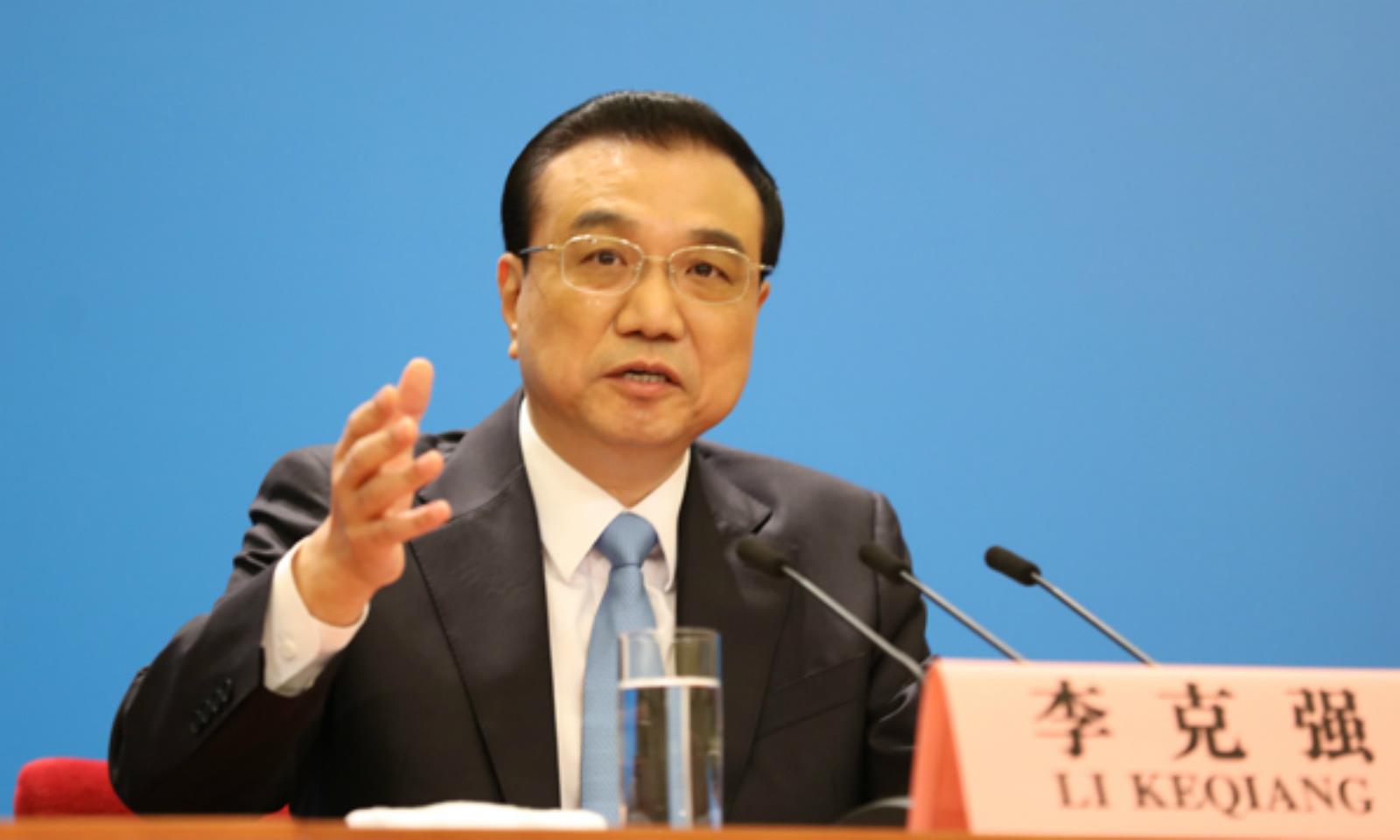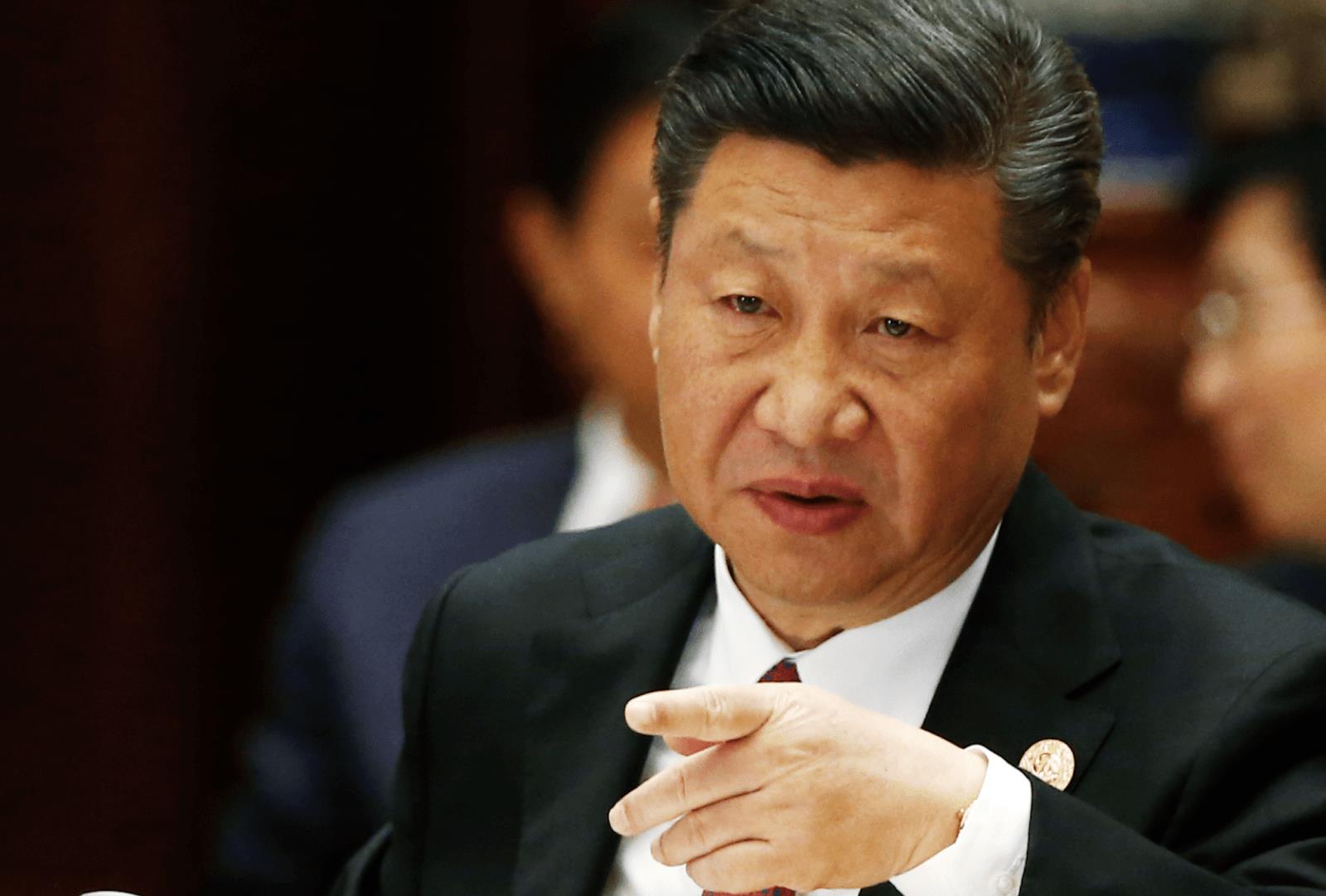(MENAFN- Asia Times)
China will spur job creation through fiscal and monetary policies in response to a foundering Economy caused by the government's dogged insistence on maintaining a“zero-Covid” policy amid virus outbreaks and shifting dynamics in the international environment.
China's State Council has called for more job creation in its weekly executive meetings for three consecutive weeks. Premier Li Keqiang said on Wednesday (May 13) the government would adopt new policies that prioritize employment creation, mobilize existing assets, broaden the channels for private investment and expand effective investment.
Li's comments came after the General Administration of Customs said on Monday the year-on-year growth rate of China's exports contracted to 3.9% in April from 14.7% in March. This week, the People's Bank of China (PBoC) allowed the yuan to further depreciate by about 1.8% against the United States dollar to boost exports and slow capital outflows.
The Chinese currency has depreciated by 6.2% since late April.
Meanwhile, some political commentators said Li could have gained more political power in the politburo meeting on April 29 – since then he has become more high profile in leading the government's economic work.
They said Li's emphasis on economic growth and job creation appears to contradict President Xi Jinping's“zero-Covid” policy, showing that party leaders had different views about how to deal with recent Covid outbreaks.
Shanghai has been locked down since March 28 and about five million residents still could not leave their homes or villages as of Wednesday. Zhao Dandan, the deputy director of Shanghai's health commission, said on Thursday it was not time to ease curbs, although the epidemic situation had improved this month.

Premier Li Keqiang at the National People's Congress in 2018. Photo: Xinhua
SME job cuts
Zhao said the risk of a viral resurgence remained.
The lockdown measures in Shanghai and many other key cities have resulted in job losses among small-and-medium-sized enterprises (SMEs), according to reports. Official unemployment figures and economic data for April will only be announced on May 16.
The National Bureau of Statistics (NBS) said on April 18 that the unemployment rate in urban areas rose 0.3 percentage points to 5.8% in March from February. In the first quarter, the unemployment rate was 5.5%.
Premier Li said in March that the government aimed to maintain its urban jobless rate below 5.5% on average this year.
On April 27, the State Council said after an executive meeting chaired by Li that the government would launch a series of robust measures to keep employment stable. On May 5, Li said the government would provide greater relief, including tax refunds and fee cuts, to SMEs and self-employed households to promote employment stability.
On Wednesday, Li called for the third time to stabilize the economy and create jobs.
“The greater-than-expected impacts from the new round of Covid-19 resurgence and shifting dynamics in the international environment have added new downward pressure to the economy in April,” Li said in a State Council executive meeting on Wednesday.
“It is imperative to stay confident, face difficulties and challenges squarely and keep overall economic performance stable, to lay the foundation for coordinated progress on all fronts.”
Li said all government departments had to attach high importance to the work of stabilizing employment, while various support policies should be effectively and speedily implemented to encourage and help enterprises to keep their payrolls stable.
He said local governments should step up to their responsibilities of supporting market entities and stabilizing jobs and intensify pro-job policies with extended coverage.
Pulling out all stops
Tax refunds and breaks, deferred payment of social insurance premiums, reductions in financing costs and other measures should all focus on keeping the operation of market entities stable, keeping payrolls stable and keeping employment stable, to ensure basic livelihoods, stabilize growth and drive consumption, he added.
On May 7, Li, in a national video and telephone conference, called on officials to help as many market entities as possible to stabilize their posts and expand job opportunities.
Li said efforts would be made to boost the healthy growth of the platform economy while encouraging mass entrepreneurship and innovation, so as to create more job opportunities.
He also underlined promoting employment and services for key job-hunting groups, including college graduates and migrant workers, and carrying out massive vocational skills training services.

Hu Chunhua at a government work report session in Beijing in a file photo. Photo: AFP
Vice-Premier Hu Chunhua, a member of the politburo of the Chinese Communist Party (CPC) Central Committee, also delivered a key speech at the same conference.
Hu said China's employment had recently seen more risks and challenges due to multiple factors both at home and abroad. He urged the relevant departments to prioritize stabilizing employment, improve employment services in a targeted manner and strengthen the accurate delivery of employment information.
Both Hu and Li are key figures of the Youth League Faction, or so-called Tuanpai. Hu had reportedly been chosen by former President Hu Jintao, also a Tuanpai heavyweight, as Xi's successor in late 2022, but somehow was barred from entering the seven-person standing committee of the politburo in 2017. Hu is now one of the politburo's 25 members.
On April 29, the politburo held a meeting to emphasize the need to stabilize China's economy and job markets. Many political commentators said Li could have gained more political powers at the meeting, particularly over Covid rules and technology and property curbs.
Out of the shadows
The Wall Street Journal published an article on Wednesday titled“China's forgotten premier steps out of Xi's shadow as economic fixer”, saying Li had recently eased the government's crackdown on technology giants, provided more lending to property developers and homebuyers, and encouraged the resumption of manufacturing production.
Some commentators said although Xi in a politburo standing committee on May 5 reiterated the importance of maintaining the zero-Covid policy, the CPC had decided that economic growth would take a higher priority.

Xi has stuck doggedly to a 'zero-Covid' policy. Photo: AFP
They expected key commercial cities to treat zero-Covid more as a slogan and minimize the economic costs of epidemic control.
On May 5, the politburo standing committee, chaired by Xi, said China would surely win the war against Covid-19 with its scientific and effective epidemic control policy that he said would stand the test of time.
It said party committees and governments at all levels should remain confident and promote the spirit of struggle to build a strong defense against the pandemic.
“Relaxation will undoubtedly lead to massive numbers of infections, critical cases and deaths, seriously impacting economic and social development and people's lives and health,” the meeting said.
Read: China's anti-Covid battle hints at a power struggle
Follow Jeff Pao on Twitter at @jeffpao3
MENAFN13052022000159011032ID1104206076